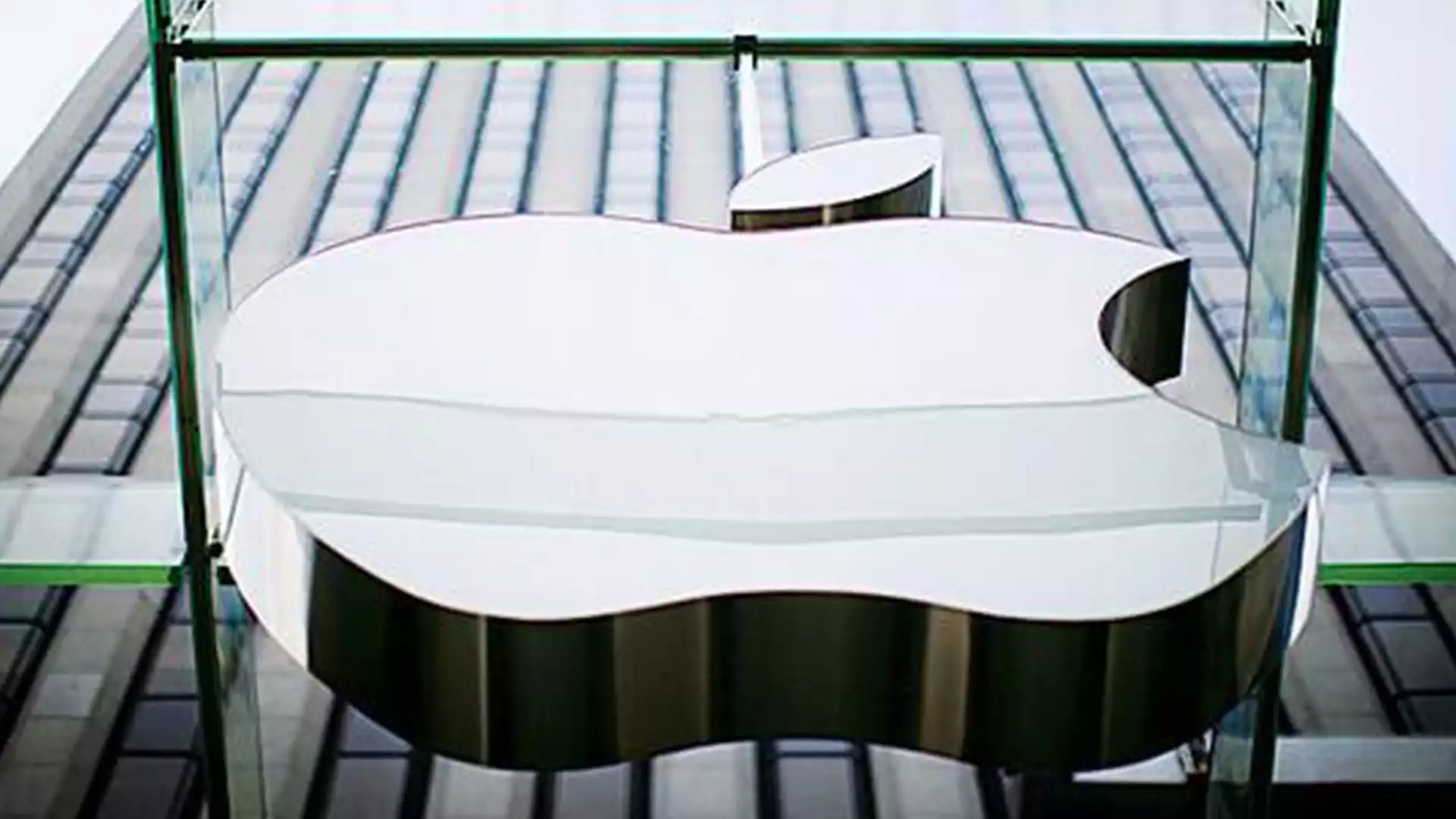The dispute erupted in August. Epic was no longer abiding by more than a decade’s worth of stipulations that virtual items in its popular game ” Fortnite ” can only be offered on iPhones through Apple’s system of in-app purchases. In doing so, #Apple retains 30 percent of the purchase price.
Epic attorney Katherine Forrest compared Apple to a carmaker that wants 30 percent of the price every time you fill up your tank. Apple countered that these were standard terms in the industry and that the investment in building the platform justified the levy. In addition, “Fortnite” players can buy digital content or the game currency “V-Bucks” elsewhere and use it on the iPhone – without giving anything to Apple.
Epic CEO Tim Sweeney, among others, said Apple’s rules hurt “every facet” of Epic’s business. He said he supports Apple’s right to offer a system for in-app purchases – but there also needs to be room for alternatives. Sweeney came to the courtroom in Oakland, California, in person despite Corona restrictions.
Under cross-examination, Apple’s lawyers pointed out to Sweeney that Epic had no problem being active on identical terms on game consoles like Sony’s playstation or Microsoft’s #Xbox. He argued different starting points: Console hardware, he said, is considered a loss-making business where money must be made through games. The iPhone, on the other hand, is highly profitable.
“Fortnite” currently comes to a total of 400 million players, Sweeney said. At the same time, Apple’s lawyers stressed that consoles are a much more important source of money for Epic than the iPhone. “Fortnite,” for example, had brought in six billion dollars on Playstation by the end of 2020 and 3.5 billion dollars on Xbox. On the iPhone, on the other hand, Epic had taken in $750 million.
Epic’s own app store, meanwhile, is hundreds of millions of dollars away from being profitable, Sweeney said. He doesn’t expect to be in the black there for another three or four years, he said.
Last summer, Epic sneaked its own purchase mechanism in the iPhone app past Apple’s reviewers and activated it in August. Apple subsequently kicked the app out of the store. But those who already had it on their phones can continue to use it – buying digital items directly from Epic without an App Store charge.
Epic accuses Apple of unfair competition in its lawsuit – arguing that Apple has a monopoly on app distribution on the iPhone. Apple counters that the iPhone cannot be delineated as a separate market, but that the games business must be considered on different platforms.
Whose argument Judge Yvonne Gonzalez Rogers follows on this issue could become a decisive factor in the outcome of the case. At the same time, it can be assumed that the losing party will appeal.
Another key question is whether the #AppStore should be considered part of iPhone usage, as Apple argues. Among other things, the iPhone company stresses that with a centralized App Store, it has the ability to review all applications. Epic argues that the app platform should be viewed as a separate product. After all, Apple has always allowed the loading of software from other sources than the in-house App Store on its Mac computers. Apple points out that the security requirements for smartphones are higher.
At the start of the trial, Epic attorney Forrest accused Apple of building a closed system around the iPhone to keep users from switching to Android phones. Apple attorney Karen Dunn countered that Epic was demanding that the iPhone company allow unsafe and untested apps onto the platform. She also resorted to a figurative comparison: When it comes to the question of market containment, Epic is behaving like a wine producer who brings a competition lawsuit but excludes the wine trade.
Investors initially did not see the lawsuit as a major threat to Apple: the stock emerged from regular trading in the first hours of the trial with a gain of 0.8 percent. In pre-market trading on Tuesday, it was temporarily down 0.5 percent.
The case has parallels with the EU Commission’s investigation, which accused Apple of unfair competition in the App Store last week. Apple was putting other providers of music streaming apps at a disadvantage, said Competition Commissioner Margrethe Vestager. Among other things, the Brussels authority sees a problem in the rule that sales of subscriptions in the apps must be processed via Apple’s payment platform. In doing so, the group retains 30 percent of the revenue – or 15 percent from the second year. Spotify finds it unfair that Apple, as the platform operator, would have more money left over for its own music service at the same subscription price. The service therefore does not sell subscriptions in the app.
Also in the Brussels case, Apple argued that users could purchase subscriptions on Spotify’s website and use them on the iPhone without the levy. The Commission, like Epic, considers the iPhone to be a separate market for app sales.
Follow us and check out our social media accounts on Twitter, Facebook & YouTube ►
● on Twitter ► esport.directory
● Facebook ► esport.directory
● Youtube ► esport.directory
FortniteTips , Fortnitetricks, Fortnitecheats, Fortnitehacks, Fortnitehacks2022, FortniteTips pro, Fortnitepaidcheats, Fortnite, FortniteTips andtricks, FortniteTips andtricks2022, FortniteTips andtricksforbeginners, FortniteTips , Fortnitetricks, Fortnitetrickshots, Fortnitehacks, Fortnitehacksfree, Fortnitehacksfree2022,




